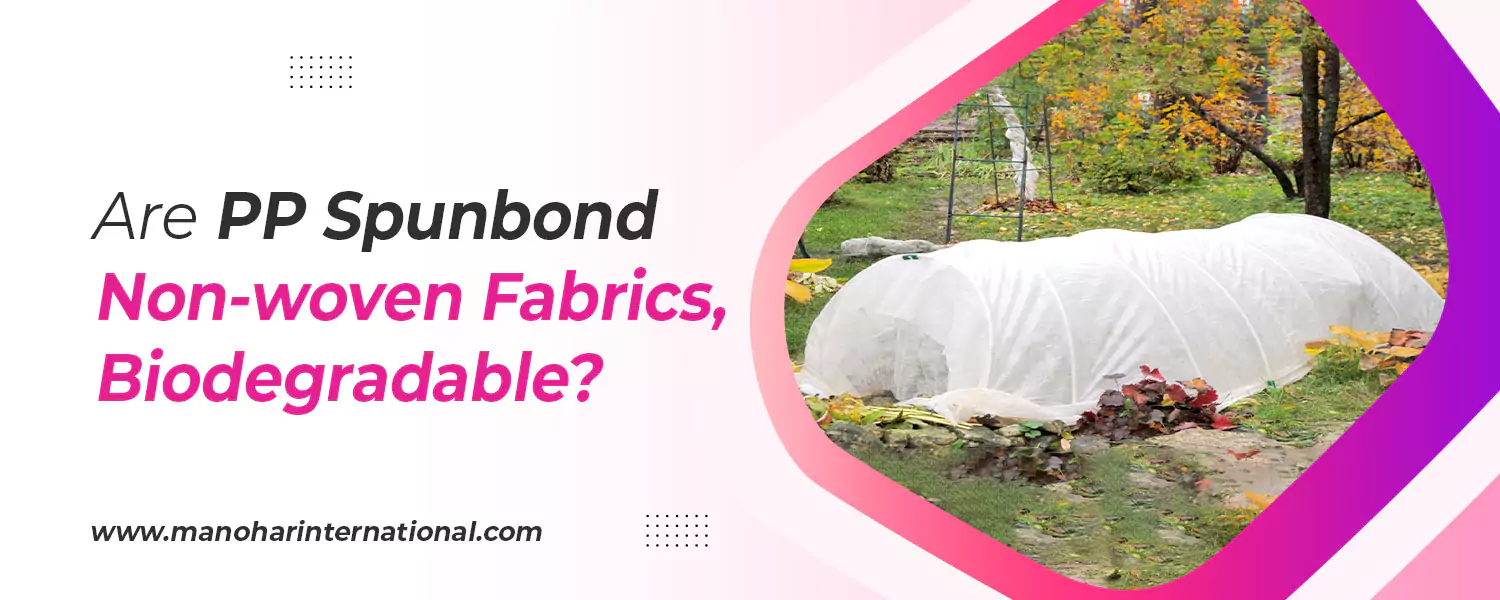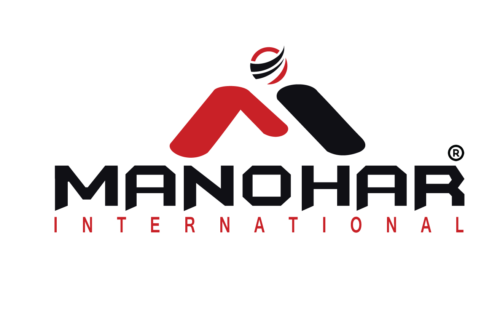Are PP Spunbond non-woven fabrics biodegradable?

“The Global expanded polypropylene Non-fabric market is expected to increase by 2030 at a CAGR during the forecast period” -as per Market Report 2022
With more and more people looking out for very easy and sustainable usage of plastics, one would not deny the fact that Polypropylene, a thermoplastic polymer resin, has its own significance in numerous fields. This includes the production of medical apparel, textiles, manufacturing, industrial packaging, electrical, commercial, and even fashion applications. Due to its rapid development, Polypropylene has become the second most widely used plastic in the world. Let’s understand the benefits of Polypropylene and its biodegradable properties even better.
What are PP Spunbond non-woven fabrics??
Polypropylene is a thermoplastic produced as a result of the polymerization of propylene which can be molded into different plastic forms. Synthetic resin has a variety of usages due to its unique properties like chemical inertness, toughness, elasticity, resilience, and water resistance.
About Polypropylene Spunbond Non woven Fabric:
Spunbond non-woven fabric is made up of filaments continuously spun to form a web-like structure that bonds using continuous thermal and chemical bonding produced to a non-woven fabric. Later these are produced into sheets for various purposes.
Usages in Spa bedsheets and Salons:
Non-woven disposable spa salon products manufacturers have agreed that bed sheets used in salons, spas, hotels, clinics, and hospitals are made of Polypropylene Spun bond nonwoven fabric which will be mainly intended for bedspreads, massages, and table spreads. These are disposable and come with significant environmental advantages.
Medical field:
Polypropylene non-woven fabrics are used in the production of surgical masks, mesh, measures, and wraps as it is designed to suit medical needs, giving a better result than their counterparts. Contamination which contributes to the biggest problem in re-using woven fabrics has been clearly removed with the entry of non-woven fibers thereby reducing the disposal cost.
Sports Apparels:
The non-woven fabric has a major role in the fashion and sports apparel industry due to its light weightiness, non-abrasiveness, and water resistance properties. It is preferred mostly for Sportswear, Military wear, and jewelry accessories.
Are PP Spunbond non-woven fabrics biodegradable?
Well, there may be many discussions on the biodegradability of polypropylene. Though PP is non-biodegradable, Spunbond can be made biodegradable but is expensive. Spun-bound PP is more eco-friendly than plastics and they do not hinder the environment. Adding to that, non-woven sacks are safe for the environment. They are 100% biodegradable and such properties are more likely to attract buyers who prefer them.
Conclusion:
In many of our day-to-day activities, we find the usage of polypropylene non-woven fabrics. Owing to its increasing awareness in the hygiene products such as baby diapers and adult incontinence products, PP non-woven fabrics are gaining popularity worldwide across many countries.
Manohar International is one of the biggest suppliers, manufacturers, and exporters of PP non-woven products for spas & salons, and spa disposable products, surgical disposable products manufacturer in India, Spain, Canada, Thailand, Australia, Singapore, and many other big countries.


